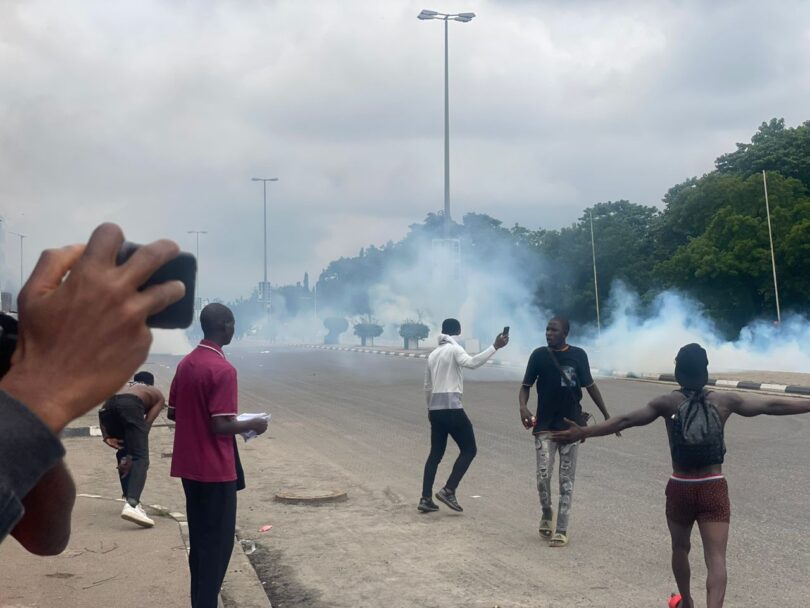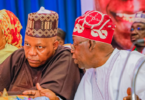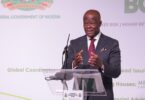Protest actions in Nigeria from 2015 to the present have played a significant role in the country’s socio-political landscape, highlighting the citizens’ reactions to various government policies and national issues.
This period under review has witnessed various protests, including the prominent #EndSARS movement against police brutality and demonstrations addressing economic policies and the cost-of-living crisis.
The #EndSARS protests, which gained international attention in 2020, marked a crucial moment by underscoring issues of governance, human rights, and the urgent need for police reform.
The authorities responded to these protests with a heavy hand, resulting in a tragic loss of lives and prompting questions about the right to peaceful assembly in Nigeria.
In recent years, economic challenges have ignited protests, with citizens voicing their frustrations over rising inflation, unemployment, and the devaluation of the Naira.
The government’s efforts to tackle these issues have often been met with skepticism and resistance, resulting in nationwide strikes and demonstrations.
The situation escalated in 2024, as the cost-of-living crisis prompted thousands to take to the streets in a series of protests across the country. Security forces have frequently responded with tear gas and arrests, aiming to disperse protesters and maintain order.
The government’s response to these protests has sparked controversy. While some officials recognize the protesters’ grievances, others have dismissed the demonstrations as politically motivated or a threat to national security.
This has created a tense atmosphere, raising concerns about the potential for further violence and the impact on Nigeria’s democracy. From demands for good governance to calls for an end to police brutality, Nigerians have taken to the streets to voice their discontent.
TheWitness has put together an extensive timeline of significant protests in Nigeria from 2015 to the present, along with the demands made during these protests:
Issue: The union went on strike due to unpaid allowances and insufficient funding for the education sector.
Issue: The strike also aimed to press for the signing of a renegotiated agreement between ASUU and the federal government to enhance the efficiency of the Nigerian university system.
Issue: This protest seeks to highlight and address poor governance, hunger, hardship, and the worsening poverty and economic crisis affecting the country.
The protests in Nigeria are not isolated events but part of a larger trend of civil unrest driven by governance and economic issues. They highlight the citizens’ demand for greater transparency, accountability, and real improvements in their lives.
As Nigeria deals with these challenges, peaceful protest remains a crucial aspect of the democratic process. The international community has also been attentive, with various organizations supporting the protesters’ calls and urging the Nigerian government to uphold human rights and allow peaceful demonstrations.
The protest actions in Nigeria from 2015 to the present highlight the resilience and determination of its people. They emphasize the need to tackle the underlying causes of dissatisfaction and the importance of fostering constructive dialogue between the government and its citizens.
As Nigeria progresses, it will be crucial to listen to the voices of the protesters and implement meaningful reforms to build a more inclusive and equitable society.
The protests have underscored the urgent need for economic reforms, improved governance, and greater accountability in Nigeria. Despite their mixed economic effects, they have prompted the government to tackle critical issues and could potentially lay the groundwork for future growth.







